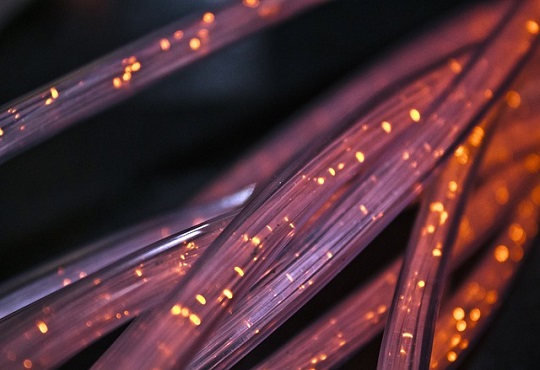Baslat Fiber Market in the Growth Trajectory Phase
CIOTechOutlook Team | Monday, 13 November 2023, 06:28 IST
 The Global Basalt Fiber Market is likely to develop dramatically over the next several years, with an estimated worth of USD 503 million by 2028, up from USD 279 million in 2023. Non-corrosive materials are becoming increasingly popular in the construction sector since they may save money and extend the life of structures.
The Global Basalt Fiber Market is likely to develop dramatically over the next several years, with an estimated worth of USD 503 million by 2028, up from USD 279 million in 2023. Non-corrosive materials are becoming increasingly popular in the construction sector since they may save money and extend the life of structures.
There are several concrete technology developments underway to improve the structural stability and longevity of buildings and bridges. One of these innovations is the use of composite bars made of basalt fiber that is resistant to corrosion as reinforcement for concrete. These 80% fiber-based basalt composites have a tensile strength three times higher than that of ordinary steel bars used in construction, and they are completely resistant to corrosion, as per MarketsandMarkets Research.
Non-corrosive basalt fiber rebars are created by combining high-strength basalt roving with very durable vinyl ester or epoxy resin and using a combination of the pultrusion and in-line winding and coating processes. The basalt fibers, which are tightly linked together by the glue, reinforce the rebar.
Basalt fiber reinforced plastic, or BFRP, rebars significantly outlast traditional steel rebars in civil engineering structures, particularly when corrosion is a key problem. In frame assembly, BFRP rebars can be an excellent alternative for typical steel reinforcement, increasing stability.
Basalt fiber is predicted to be widely used in highway and bridge deck construction, resulting in lower labor costs and total engineering expenses. It also helps to shorten construction timelines and reduce maintenance costs.
























































.jpg)
.jpg)








.jpg)

.jpg)

.jpg)
.jpg)



.jpg)


.jpg)





























.jpg)

.jpg)
.jpg)

.jpg)
.jpg)

































.jpg)

.jpg)



















.jpg)
















.jpg)












































































































